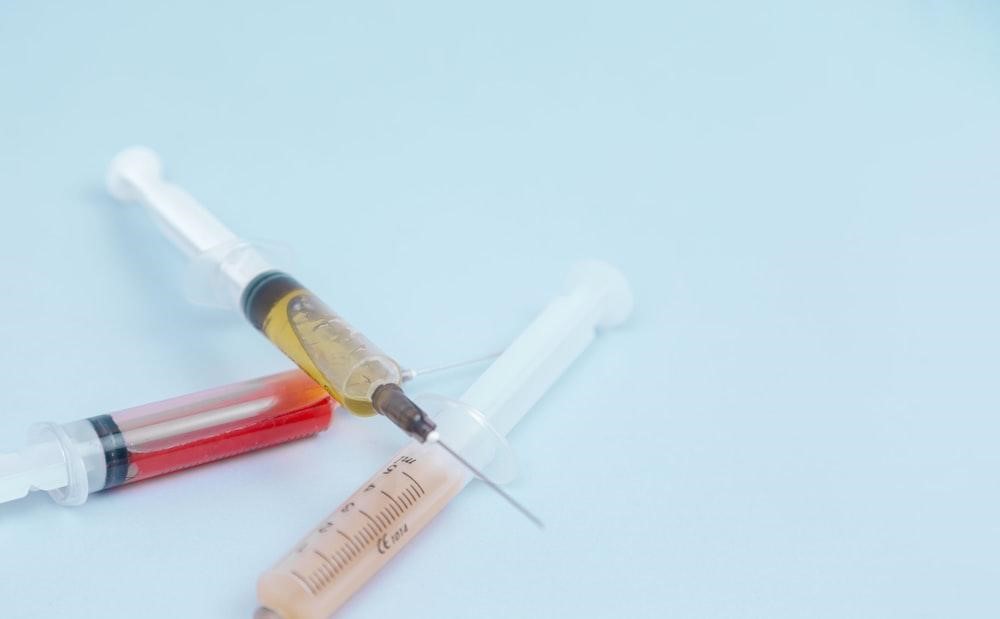How Irresponsible Medical Waste Disposal Threatens Public Health
9/29/2023

Medical waste contains infectious materials, chemicals, and pharmaceuticals, which when not well managed can pose a great threat to public health. Here are some of the most common consequences that may be faced by the community.
Transmission of Diseases
Medical needles and bodily fluids can cause infections if they are not properly treated. When not well segregated and managed they can transmit diseases such as hepatitis and HIV to the waste handlers and the general public.
Environmental Pollution
Improper disposal of medical waste contaminates the environment. For instance, if waste is dumped into lands without being treated it will affect the water systems and the soil, consequently contaminating the water we drink and the agricultural lands.
Injury and accidents
If medical waste is carelessly discharged into the environment, it can immediately cause physical harm to waste handlers and the public. For instance, needles and sharp medical objects can cut someone and even transmit diseases that could require serious medical attention.
Legal and regulatory consequences
When medical waste is not properly handled, the health facility in charge can face legal consequences such as fines lawsuits, and even sanctions. When this happens, the communities involved face the consequences of lacking access to a healthcare facility.
Takeaway
Irresponsible medical waste disposal has a lot of negative impacts on public health. Therefore, there should be increased awareness of the proper methods of waste management to mitigate the risks. Also, proper regulation and monitoring from authorities are needed.
